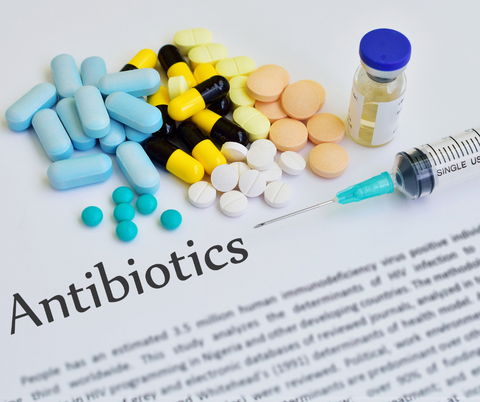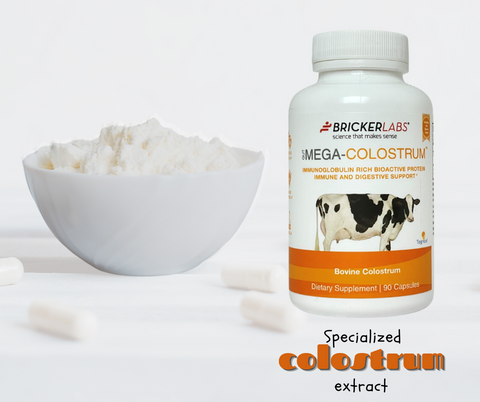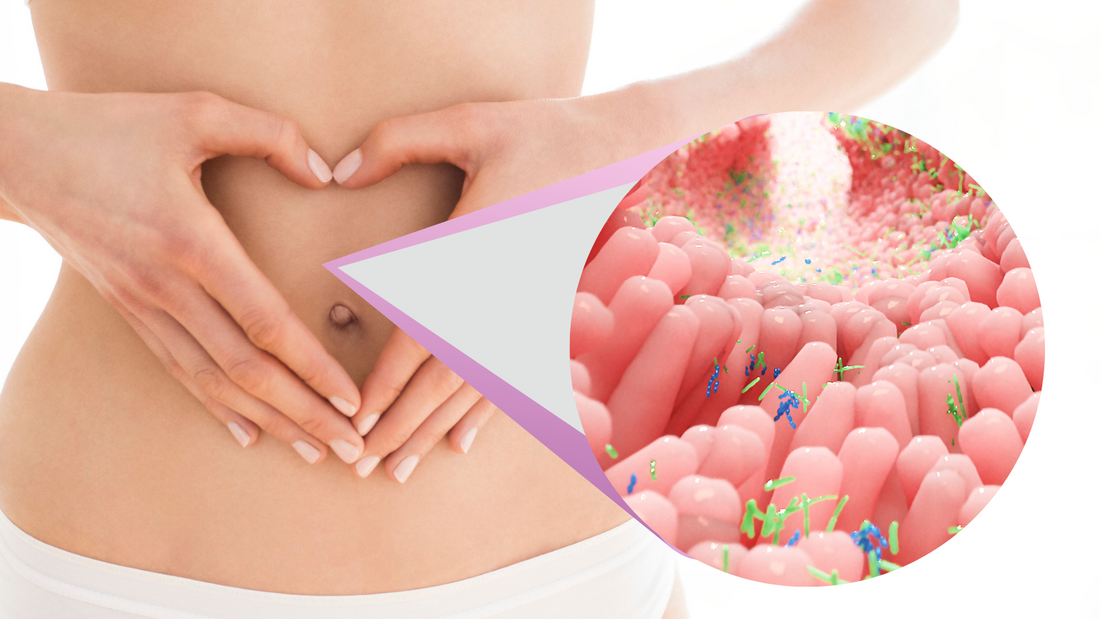Gut Check: The Microbial World Within Us
In the intricate world of human health, a remarkable partnership unfolds – a dynamic dance between gut health and the gut microbiome. Gut health encompasses a vital aspect of overall well-being that is overlooked by many. Nestled within our gastrointestinal tract resides a community of trillions of microorganisms, collectively referred to as the gut microbiome. These remarkable entities consist of bacteria, fungi, viruses, and a myriad of other microorganisms, working harmoniously to sustain a healthy gut and support our overall wellness.
Exploring the Hidden Universe of the Gut Microbiome: Balancing Health and Harmony
The gut microbiome functions as a complex ecosystem, engaging in a variety of essential roles crucial to our well-being. One of its primary tasks is to aid the digestion process, ensuring that the nutrients we consume are broken down and absorbed by our bodies. This incredible microbial community also actively participates in regulating metabolism. They help restore the balance and efficient functioning of our body’s energy processes. Gut microbiome extends its reach to support our immune system, playing a pivotal role in its function.
However, just as any dance can stumble, an imbalance within the gut microbiome can lead to health problems. A disturbance known as dysbiosis, which can trigger a range of issues. Stretching from common gastrointestinal discomfort to more severe conditions such as autoimmune disorders and even mental health conditions. The delicate equilibrium within the gut microbiome must be maintained to preserve the harmony within our bodies.
Understanding the deep connection between gut health and the gut microbiome enhances our well-being. By nurturing our gut health, we flourish this intricate balance.
Harmonizing Gut Health: How to Proactively Optimize Gut Microbiome:
1. Good Diet Choices for a Thriving Microbiome
Foods we eat can have a significant impact on the composition of our gut microbiome. Prioritize whole foods, fiber-rich, and fermented foods. Yogurt and sauerkraut can help to support the growth of beneficial bacteria in the gut.
Diet high in processed foods, sugar, and unhealthy fats can disrupt the balance of our gut microbiome and lead to dysbiosis.


2. Sufficient Rest and Stress Management on Gut Health and Microbiome Harmony
Sufficient sleep acts as a restorative process for our bodies, allowing them to recover and rejuvenate. Consistent inadequate sleep or poor sleep quality can disrupt various physiological functions, including those related to our digestive system. Studies have shown that sleep deprivation can negatively impact the composition and diversity of the gut microbiome. This leads to an imbalance in microbial communities. This imbalance, in turn, may contribute to digestive disturbances, inflammation, and a compromised immune response.
Stress on the other hand, when left unchecked, can wreak our gut health and microbiome harmony. The gut and the brain share a strong bidirectional connection known as the gut-brain axis. Stress triggers a physiological response that can disrupt the balance of the gut microbiome. The release of stress hormones, such as cortisol, can influence the composition and function of gut microbes, potentially leading to dysbiosis.
3. Navigating the Relationship of Antibiotics to Gut Health
Antibiotics have undoubtedly revolutionized modern medicine, allowing us to effectively combat bacterial infections and save countless lives. However, while these medications are powerful allies in the fight against harmful bacteria, they can also have unintended consequences on our gut health and the delicate balance of the gut microbiome.
When antibiotics are taken to target specific bacterial infections, they not only eliminate the harmful bacteria causing the infection but also affect the beneficial bacteria residing in our gut. This broad-spectrum action can disrupt the diversity of the gut microbiome, leading to a condition called antibiotic-associated dysbiosis.
It is important to note that the impact of antibiotics on the gut microbiome is not permanent in all cases. In many instances, the gut microbiome can recover and restore its balance over time after completing an antibiotic course. However, in some individuals, the recovery process may be slower or incomplete, potentially leading to long-term alterations in the gut microbiome composition.
To mitigate the potential negative effects of antibiotics on gut health, it is crucial to use these medications judiciously.


4. Colostrum Supplements: Unleashes the Potential for Gut Health and Microbiome Optimization
One powerful ally in nurturing gut health and optimizing the intricate harmony within our gut microbiome is Colostrum supplement. Colostrum nutritional supplement is derived from bovine. It offers a concentrated and convenient way to potentially benefit our gut health.
Referred as “nature’s first milk,” colostrum is a nutrient-rich fluid produced by mammals shortly after giving birth. It provides bioactive compounds, including antibodies, growth factors and immune-modulating substances. These variety of essential nutrients play a vital role in supporting a healthy gut and maintaining overall well-being.
One of the key advantages of colostrum supplement is to support a healthy gut lining. It is rich in immunoglobulins and lactoferrin. These bioactive compounds can help strengthen the intestinal barrier, promote intestinal integrity and help reduce the permeability of harmful substances into the bloodstream. The barrier function plays a vital role in preventing gastrointestinal issues and maintaining overall gut health.
Moreover, colostrum supplements have been found to provide antimicrobial properties, helping to maintain a balanced gut microbiome. The antibodies and immune factors present in colostrum can help modulate the composition of the gut microbiota. Support the growth of beneficial bacteria while inhibiting the proliferation of harmful microbes. This balance within the gut microbiome is crucial for optimal digestion, nutrient absorption, and immune function.
When taken regularly, colostrum supplements can positively influence gut health and microbiome optimization. They provide a concentrated source of bioactive compounds that can enhance the health and functioning of the gastrointestinal tract. However, it is essential to consult with a healthcare professional before incorporating colostrum supplements into your routine, especially if you have any underlying health conditions or are taking medications.
In conclusion, colostrum supplements offer a promising avenue for nurturing gut health and optimizing the delicate interplay within the gut microbiome. By harnessing the benefits of colostrum supplements, we can support a healthy gut lining, foster a balanced gut microbiome, and unlock the potential for improved digestion, immune function, and overall well-being.
#GutHealth #Microbiome #HealthyGut #DigestiveHealth #GutBalance #GutWellness #GutHealthMatters #GutBrainConnection #IntestinalHealth #GutHealing #GutFlora #GutDysbiosis #colostrum #BrickerLabs #Megacolostrum #immunoglobulin
Let us know your thoughts!
Email us: Customerservice@brickerlabs.com
Read more of our BLOGS!
Start Gut Care Now: Mega-Colostrum
Author: Vivian Sicat

